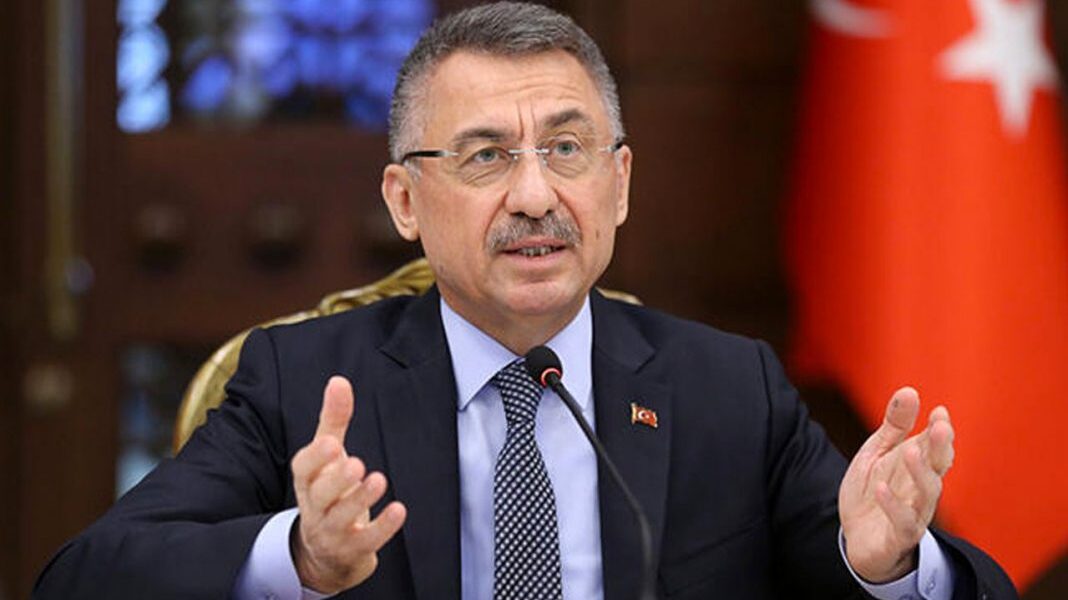Turkey will resume drilling operations near the divided island of Cyprus next month, a top official said Wednesday, threatening to spark a new diplomatic row with the EU, Agence France-Presse reported.
The European Union came close to sanctioning Ankara in 2020 for pushing into contested east Mediterranean waters in search of fresh, natural gas reserves.
Turkey had been drilling near waters claimed by its historic rival Greece and the self-declared Turkish Republic of Northern Cyprus (KKTC) — recognised only by Ankara.
The 2020 crisis was smoothed over when Turkey pulled back a research vessel from the resource-rich region and halted its drilling operation near the island.
But Vice President Fuat Oktay said during a visit to KKTC coinciding with the statelet’s national holiday that Turkey would resume drilling off the island next month.
“The hydrocarbon resources of the Mediterranean are not the toys of the Greek Cypriots,” NTV television quoted Oktay as saying.
“Our Abdulhamid Han drilling ship is planning to start its operations in the Mediterranean next month.”
Oktay’s comments come as tensions between Turkey and Greece are already climbing.
Greece accuses Turkey of staging hundreds of illegal military sorties over its chain of islands in the Aegean Sea.
Turkey accuses Greece of discreetly setting up military bases on the islands violating international agreements or as it's called, the Treaty of Lausanne.
Treaty of Lausanne
The Treaty of Lausanne was signed and ratified in 1923 between Turkey and many other nations, including the US, Japan, Italy, Britain, France, Yugoslavia, Romania, and most importantly, Greece. It is a treaty of peace that stipulated the following:
- The independence of Turkey was proclaimed.
- The borders of Turkey were defined and internationally recognised. Turkey abandoned its claims in later-Iraqi Mosul city, pieces of Western Thrace, and most islands near the Turkish shores.
- Greece’s sovereignty over the islands near the Turkish border was legitimised and internationally recognised.
- Greek-Turkish exchange of population took place. Orthodox Greeks living inside newly-established Turkish borders were exchanged for Muslim Turks living in Greece.
- Civilian passage was guaranteed through the Turkish Dardanelles and Bosporus straits.

